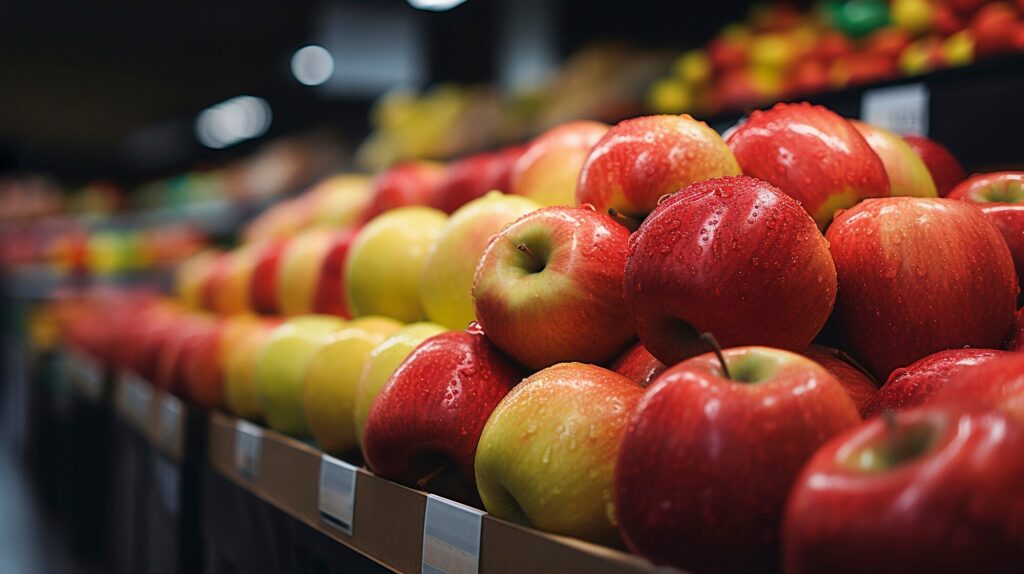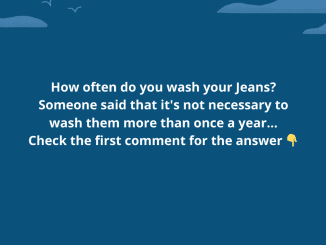We all know we should eat our fruits and veggies, but what if they’re laced with harmful pesticides? A recent scientific study has shaken the foundation of our food safety practices, revealing a startling truth: washing your fruit doesn’t always eliminate pesticide residues. This news has sent shockwaves through the food industry and consumer circles, prompting a renewed focus on the potential dangers of pesticide contamination in our food.

The study, published in the prestigious journal Nano Letters of the American Chemical Society, utilized a cutting-edge technique to visualize pesticide residues in fruit. The researchers found that pesticides can penetrate deep into the fruit’s flesh, even after washing. This means that simply rinsing your apples or oranges under the tap isn’t enough to guarantee you’re removing all the harmful chemicals.
The study’s authors emphasize the importance of peeling fruit to significantly reduce pesticide residues. They argue that peeling removes the outer layer where most of the pesticide concentration resides, effectively minimizing exposure to these harmful chemicals. This finding challenges the long-held belief that washing is sufficient to ensure food safety.
This study comes at a time when consumer concerns about pesticide residues in food are at an all-time high. Consumer Reports, a non-profit organization dedicated to protecting consumers, has previously reported that a significant percentage of fruits and vegetables contain pesticide residues at levels that pose “significant risks” to consumers. The USDA, however, maintains that the levels of pesticide residues in food are within safe limits, and that the vast majority of food samples tested contain residues below the permissible levels.

This new study adds fuel to the ongoing debate about pesticide use in agriculture and the effectiveness of current food safety regulations. While the USDA insists that pesticide residues in food are safe, many consumers and scientists remain skeptical, arguing that the government’s standards are too lenient and that long-term exposure to even low levels of pesticides can have harmful health effects.
The study’s findings raise important questions about the safety of our food supply. While washing your fruit is still a good practice, it’s clear that it’s not a foolproof solution. Here are some tips to minimize your exposure to pesticides:

- Choose organic fruits and vegetables whenever possible. Organic produce is grown without the use of synthetic pesticides.
- Peel your fruit. Peeling removes the outer layer where most of the pesticide concentration resides.
- Wash your fruit thoroughly. Even though washing may not remove all pesticides, it can help to reduce the amount.
- Support sustainable farming practices. Encourage farmers to use less pesticides and adopt more sustainable practices.
This new study serves as a stark reminder that we need to be more vigilant about the safety of our food. While the USDA insists that pesticide residues in food are safe, many consumers and scientists remain concerned about the potential health risks. By making informed choices about the food we eat and supporting sustainable farming practices, we can help to create a healthier and safer food system for ourselves and future generations.


